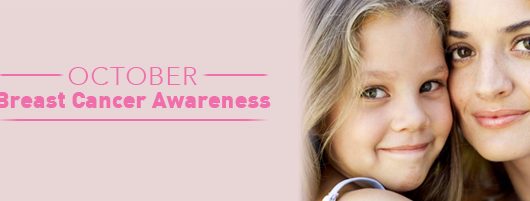This is the second guest post by Joy Burkhard, a founder, Executive Director and Board Chair of 2020 Mom, a national nonprofit dedicated to closing gaps in maternal mental health care through convening, collaborating, advocacy and education. Joy, a Junior League of Los Angeles member and former co-chair of the Junior Leagues of California State Public Affairs Committee, is Chair of the National Coalition for Maternal Mental Health and sits on the California Maternal Quality Care Collaborative Executive Committee and the American College of Obstetrics and Gynecology working group on maternal depression.
What does the media tell us about maternal mental health disorders like postpartum depression (PPD), a clinical depression or a severe form of anxiety, with symptoms such as sadness, confusion, difficulty in focusing on caring for herself or her baby, excessive worry and severe sleep disturbances?
Not enough of the right information.
First we applaud all media, including television, film and print, for doing more to depict the hard realities of motherhood, though there are still plenty of images that flood our minds of the “perfect” baby who only smiles and coos at his mom, lending to the common misperception of motherhood.
When it comes to actual maternal mental health disorders, a lot of the coverage is blog posts from moms who have been through it: like “5 Ways to Help a Fellow Mom with Postpartum Depression.”
There are the “she’s better now or maybe not” stories about celebrities like film and TV star Hayden Panettiere, who eloquently spoke about suffering from postpartum depression this year after the birth of her first child, and recently admitted to “unhealthy coping mechanisms” and going back to a rehab treatment for a likely drug or alcohol addiction.
And then there are dramatic stories about real tragedies that occur in the postpartum period (defined by clinicians as one year after birth) such as this New York Times story with the headline “Bronx Woman Sentenced to 8 Years for Poisoning and Drowning Her Children.” In this case, as we know now, the mother was suffering from a rare condition that happens in the postpartum period called postpartum psychosis which is often mislabeled by the media as postpartum depression.
If there is a common denominator in all three storylines it is this: Many moms with maternal mental health disorders or their families don’t speak up because they are confused as doctors and clinicians have never warned them that these disorders could happen, they don’t want to be judged and may have a fear that people will think they will harm their children.
The American Psychological Association puts the range of disorders in the context of three separate conditions:
Many pregnant women and new mothers experience the “baby blues” — feeling stressed, sad, anxious, lonely, tired or weepy — following their baby’s birth. This typically passes soon.
But some women, up to 1 in 7, experience a much more serious mood disorder called postpartum depression that, unlike the baby blues, doesn’t go away on its own. It can appear days or even months after delivering a baby and can last for many weeks or months if left untreated.
The third condition is postpartum psychosis, a condition that may involve psychotic symptoms like delusions or hallucinations. Though it’s rare, 0.2% of mothers may suffer from something extremely serious and separate from depression or anxiety. These mothers experience delusions which may include hearing or seeing things that aren’t really happening that could involve a mother believing her child is possessed. It’s scary stuff, and because these mothers have a high risk of harming their children they must receive treatment immediately.
Here’s what I would love to see the media do.
First, present the hard realities of motherhood – us type A moms are at higher risk of maternal depression and we all need to know parenting is HARD.
Second, continue to share that maternal mental health disorders like depression are serious conditions that, once detected, can be effectively treated.
Third, work hard to educate women on the difference between having the baby blues and being diagnosed with maternal mental health disorders – and make a strong distinction between PPD and postpartum psychosis, all the while recognizing none of these troubles are due to any fault of the mother.
With the help of the media, we can strive to eliminate the shame and stigma that mental health disorders, including maternal mental health disorders, bring for many by creating dialogues with the everyday people who have suffered, by interviewing credible experts and by getting the facts straight.


